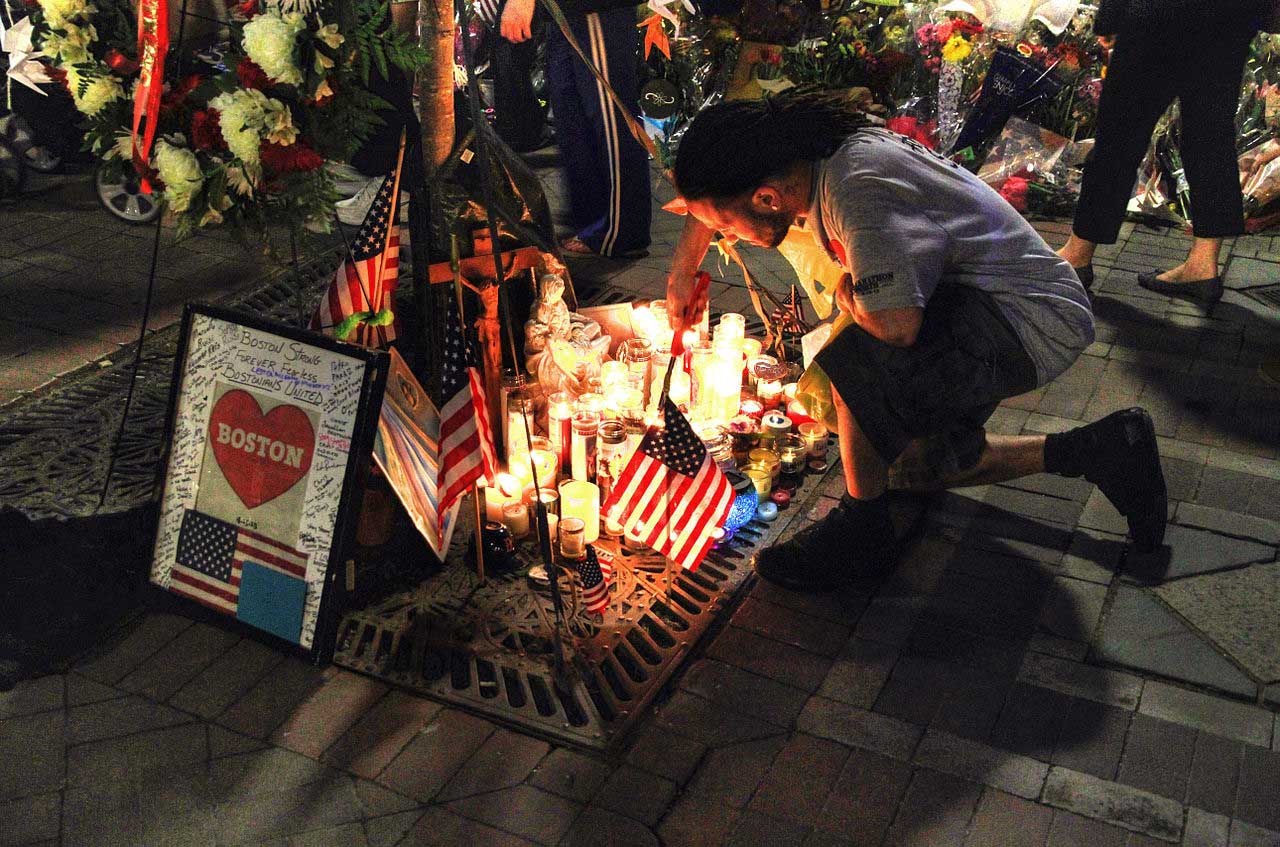Dr. Jonathan Gates was doing paperwork in his office at Brigham and Women’s Hospital Trauma Center when his phone rang on the afternoon of April 15, 2013. The trauma program manager on the line, a spectator at the Boston Marathon finish line, told him there had been an explosion.
“I didn’t really believe it at first,” said Dr. Gates, now the chief of surgery at Hartford Hospital. “But I decided to go to the emergency department and see what was going on. Once we got there, one or two patients had already arrived. When we realized what we were dealing with, we were all hands on deck.”
Dr. Gates’ team was ready. Between 2001 and 2013, it conducted more than 70 formal trainings in preparation for such an extraordinary incident.
“There’s a reason we work together with the same people every day,” Dr. Gates said. “Normal days are opportunities to train together for days that deviate from the norm. That’s what enabled us to have a good team in place and a system to handle the tragedy.”
Dr. Gates’ team treated more than 40 bombing victims, including many who required amputations and other extreme measures.
He recently brought his decades of experience to Hartford Hospital, where he plans to help bring a new level of sophistication to how health-care providers approach trauma care.
“For a long time, the only thing we looked at was mortality; the next question is morbidity,” Dr. Gates said. “We want to know not just if they survive, but what their quality of life will be after the injury. A system like Hartford HealthCare, with Hartford Hospital at the center, has the foundation in place to focus on that level of care. I came here to help build great teams on top of that strong foundation.”
Dr. Gates credits preparation and teamwork with helping him manage the chaos that day.
“Everybody did what they do best,” Dr. Gates said. “When you saw that in action it was the best of teamwork, the best of surgery, and the best of humanity coming together. It was gratifying to be a part of something like that.”

